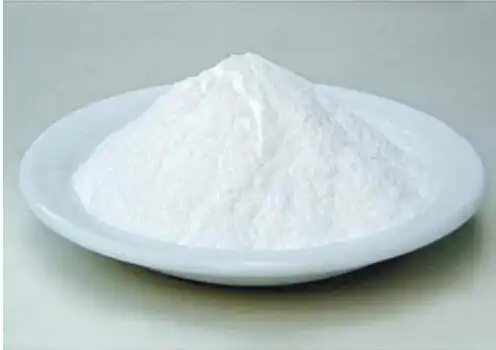Under the current severe situation of severe overcapacity and market downturn in the magnesium oxide industry, how to overcome difficulties and transform and upgrade has become a focus of common concern in the industry. As a large-scale and profitable company in the magnesium oxide industry, every move of Hebei Messi Biology Co., Ltd. has attracted much attention. Recently, Feng Wenjie, general manager of Magnesium Biotechnology, expressed his views on how the magnesium oxide industry can overcome difficulties. It is believed that these constructive views will provide useful reference for the transformation and development of my country’s magnesium oxide enterprises.

From a global perspective, low-end magnesium oxide products are in surplus, and international magnesium oxide companies are reducing production. Specifically in China, the production capacity of light-burned powder is almost doubled; high-end magnesium oxide products have to rely on imports for a long time, and the current external dependence is 40% to 50%. China’s magnesium oxide industry is unsatisfactory in terms of production, circulation, and use. At present, the main problem of magnesium oxide in my country is that there are too many low-end products and a serious shortage of high-end magnesium oxide.
If we want to accelerate the reduction of overcapacity, we must give full play to the role of market mechanisms and cancel preferential policies when they should be cancelled. Now is not a fair competitive market. Larger enterprises do not have any other preferential treatment except the VAT preferential treatment shared with small and medium-sized enterprises. However, a considerable number of enterprises have always enjoyed relatively large preferential policies in transportation, electricity, etc. And it is precisely these enterprises that enjoy special preferential policies, most of which are small and medium-sized enterprises, that fall far short of national requirements in terms of energy conservation and consumption reduction. These preferential policies were formulated by the state to ensure production when magnesium oxide production capacity was insufficient in the past. Now that there is serious overcapacity, these policies should be adjusted, otherwise backward production capacity will never be eliminated.
